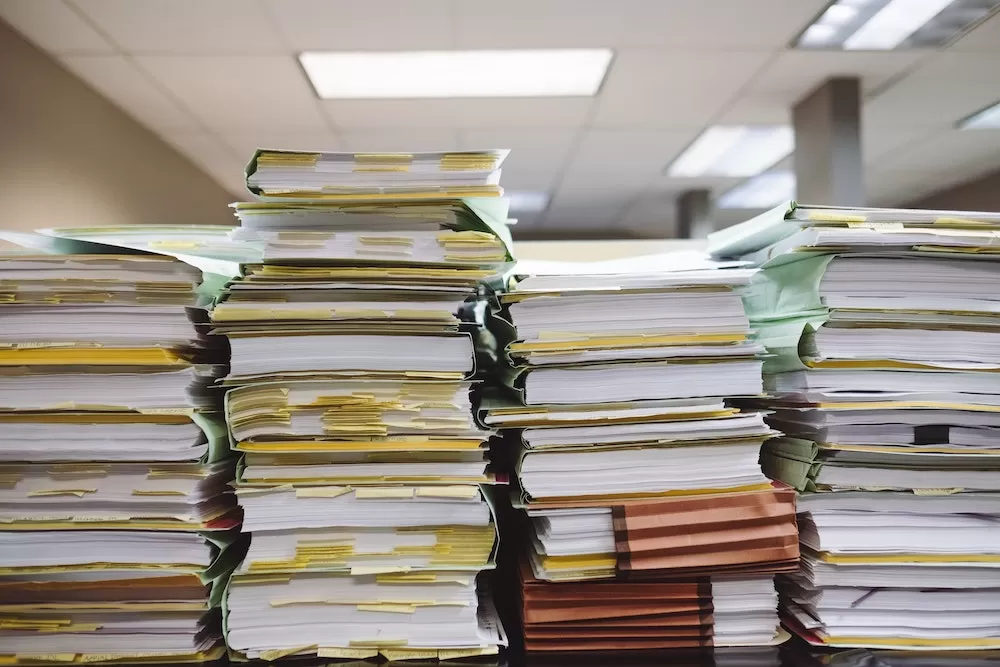Investing in real estate in the Czech Republic—or in any other place, for that matter!—is always a good idea. Whatever you need this new place for, know that you'll benefit from it in more ways than one. However, the actual process of buying a new
property in the Czech Republic is no walk-in-the-park. There are a few legal issues you have to take into account when you take on this endeavor. It may have something to do with your residency status in the country, the costs you're required to pay, and more. It's better that you know about them now!
Can Foreigners Buy Property in The Czech Republic?
Generally speaking, foreigners are allowed to purchase real estate in the Czech Republic. However, the truth of the matter is more complicated than that. The only way foreigners can own a property in the Czech Republic is if they've already
moved here. They need to have the
proper visa and/or apply for a residence permit. Nonresident EU citizens, on the other hand, only need to wait a transition period of around 7 years before they're allowed to purchase real estate here. These are the only conditions non-citizens have to meet to own property in the country.
Checking The Real Estate Cadastre
Among the common legal issues in Czech real estate is checking the ownership of the property. Is the seller you're in contact with the actual owner? Do they have the legal right to sell the place? As the buyer, it's part of your responsibility to double-check this in the Real Estate Cadaster. The seller has to be listed as the owner of the property on the title deed before they can legally sell it. But if you're not in the Czech Republic to do this yourself, you can authorize your notary to do it for you.
Double Check The Property's Ownership Structure Too
Apart from ensuring the current owner of the property you want to buy, you also need to double-check the ownership structure. Let's say the owners are a married couple. Did they acquire this real estate under joint ownership? What if the previous owner—the one before the seller/s—left the property in the name of their many kids? Does each of them have their own share of the ownership? If so, are they all in agreement to sell the property? Though these legal issues might not affect you as the buyer, they can affect the process. You'd do well to get all of this out of the way before you commit to the sale.
The 'Good Faith' in Czech Real Estate
Now, what if the seller isn't the owner of the property in the Czech Republic? What then? In the event that the sale pushed through without you knowing that the seller didn't have the legal authority to sell the real estate, there's still a good chance that your transaction won't be null and void. This is where the '
good faith' rule comes in. Even when the seller didn't have the rights to sell the place, as long as you believed they had (and have proof to back it up) when you went through with the sale, it can still be legal.
Doing Your Due Diligence
All of this checking and double-checking are part of your '
due diligence' as the buyer. This refers to the legal responsibility to ensure that the property you're buying is truly up for the taking. And apart from checking the current owner, you also have to inspect the place yourself. You will need to conduct surveys to see what the property in the Czech Republic is truly like. Is the foundation safe? Does the place need repairs? Will you need to replace anything? These are questions you're required to answer as the buyer. You owe it to yourself as well!
Signing The Reservation Contract
Among the many important documents in this purchasing process, you need to be wary of the reservation contract. Why? Because once you sign it, the contract will legally bind you to the sale. You'll have no choice but to go through with it despite what may happen. As its name says, the reservation contract reserves the property in the Czech Republic for sale for you as the buyer. The seller essentially takes it off the market upon signing and you, the buyer, will have to pay them a deposit of around 10% to 30% of the final price.
Property Ownership Structures in The Czech Republic
According to
DLA Piper, there are four main property ownership structures in the Czech Republic. The first is the right of ownership, which gives full legal rights and power to the listed owner. The second is the right of easement, which allows another person to use the property owned by someone else for a period of time. The third is possession, wherein the processor can treat the property as their own even when they're not the owner. And fourth is the right to construction, which allows others to build anything on a property owned by someone else.
Buying real estate in the Czech Republic can get pretty complicated, especially when it comes to the law. As long as you know the common legal issues that come with buying property in this country, you'll have an easier time dealing with them!



